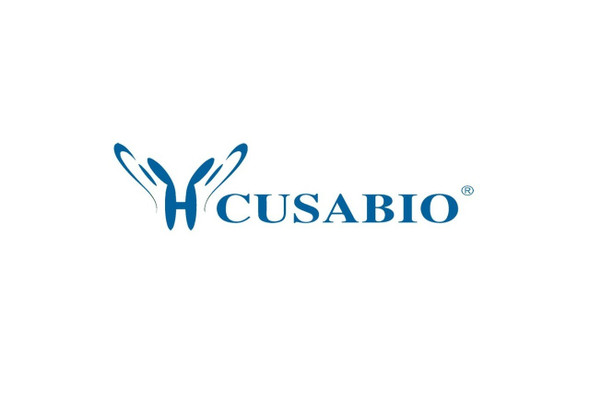Cusabio Polyclonal Antibodies
TLR8 Antibody | CSB-PA023607KA01HU
- SKU:
- CSB-PA023607KA01HU
- Availability:
- 3 to 7 Working Days
- Size:
- 100ul (100ug)
Description
TLR8 Antibody | CSB-PA023607KA01HU | Cusabio
TLR8 Antibody is Available at Gentaur Genprice with the fastest delivery.
Online Order Payment is possible or send quotation to info@gentaur.com.
Product Type: Polyclonal Antibody
Target Names: TLR8
Aliases: CD288; TLR8
Background: The Toll-like Receptors (TLR) are a family of human receptors that share homology with the Drosophila Toll Receptors, which are involved in mediating dorsoventral polarization in developing Drosophila embryos and participate in host immunity. The TLR family members are characterized by a highly conserved Toll homology (TH) domain, which is essential for Toll-induced signal transductions. TLRs are type I transmembrane receptors that contain an extracellular domain consisting of several leucine-rich regions and a single cytoplasmic Toll/IL-1R like domain. Three TLR family members, TLR7, TLR8 and TLR9, belong to a subfamily of TLRs which are differentially expressed. TLR7 is expressed in lung, placenta and spleen. TLR8 is expressed in lung and peripheral blood leukocytes, and TLR9 is predominantly expressed in spleen, lymph nodes, bone marrow and peripheral blood leukocytes. TLR7, TLR8 and TLR9 stimulate the NF˚B signaling pathway, suggesting that they play a role in the immune response.
Isotype: IgG
Conjugate: Non-conjugated
Clonality: Polyclonal
Uniport ID: Q9NR97
Host Species: Rabbit
Species Reactivity: Human, Mouse, Rat
Immunogen: Recombinant protein of human TLR8
Immunogen Species: Human
Applications: ELISA, WB, IHC
Tested Applications: ELISA, WB, IHC;WB:1:500-1:2000, IHC:1:50-1:200
Purification Method: Affinity purification
Dilution Ratio1: ELISA:1:2000-1:10000
Dilution Ratio2: WB:1:500-1:2000
Dilution Ratio3: IHC:1:50-1:200
Dilution Ratio4:
Dilution Ratio5:
Dilution Ratio6:
Buffer: Buffer: PBS with 0.02% sodium azide, 50% glycerol, pH7.3.
Form: liquid
Storage: Upon receipt, store at -20°C or -80°C. Avoid repeated freeze.
Initial Research Areas: Immunology
Research Areas: Immunology;Microbiology






